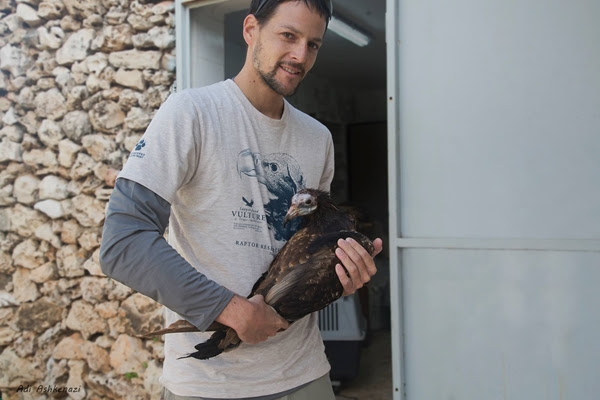
Old vultures are homebodies
A recent study has uncovered that vultures showcase changes in movement patterns and social interactions as they age, much akin to humans. Young vultures exhibit high mobility, switching between roosting sites and engaging with peers frequently. However, as they mature, vultures tend to prefer stability and spend more time at home.
The research, which monitored 142 Eurasian Griffon Vultures (Gyps fulvus), offers valuable insights into the behavioral modifications of aging animals in their natural habitat.
Read related: captive vultures can rewild

A vulture in captivity learns to join the flock
Led by Marta Acácio at Tel Aviv University and Prof. Noa Pinter-Wollman from UCLA, the study was published in the esteemed journal PNAS.
The findings are crucial for the conservation of the locally endangered vulture population in Israel, as they provide valuable data on aging patterns in vultures.
Read more: The old Iranian cemetery Towers of Silence where people are eaten by vultures
The research team collected and analyzed GPS data from 142 vultures over a 15-year period. The results indicated that older vultures exhibit a preference for consistent roosting sites, emphasizing the significant impact of aging on the birds’ behavior.







Comments